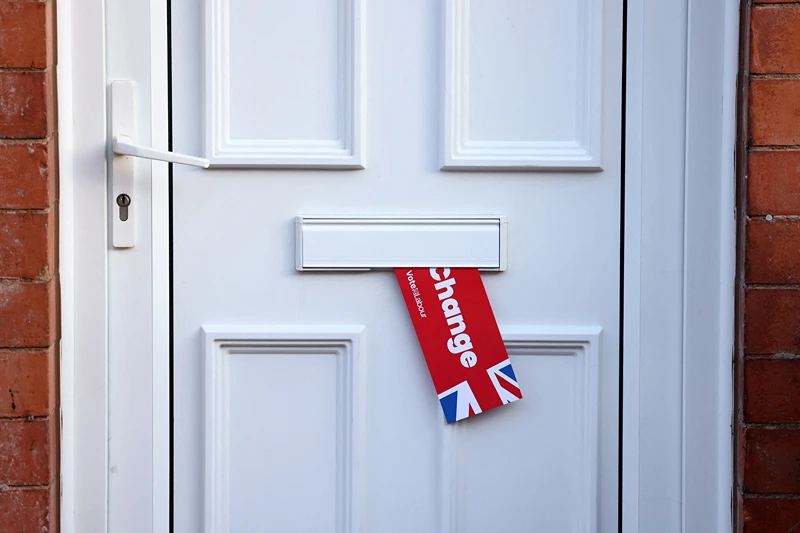
OAN Staff Abril Elfi and Brooke Mallory
12:22 PM – Thursday, July 17, 2025
Officials have announced that Britain will be lowering their voting age from 18 to 16 by the next national election.
On Thursday, the United Kingdom government announced changes to the electoral system, such as lowering the voting age, expanding forms of voter ID, moving toward automatic voter registration, and tightening rules on political donations “to protect against foreign interference.”
The announcement also stated that there will be tougher sentences for those convicted of intimidating candidates.
Britain will soon join the short list of countries where the voting age is 16, including: Austria, Brazil and Ecuador. Scotland and Wales already allow 16- and 17-year-olds to vote in local and regional elections.
The former government had implemented a demand for voters to produce picture identification in 2022, maintaining that it would combat fraud. However, some critics claimed that this could “disenfranchise” millions of voters — specifically the young, impoverished, or members of ethnic minorities.
Meanwhile, opponents of the voting age change question the maturity of 16-year-olds and the timing, warning it could skew electoral outcomes in Labour’s (the progressives’) favor.
The Electoral Commission believes that approximately 750,000 people did not vote in last year’s election due to a “lack of identification.” In addition, the turnout for the 2024 election was just 59.7%, the lowest in more than two decades.
According to Harry Quilter-Pinner, head of the Institute for Public Policy Research, the changes were “the biggest reform to [their] electoral system since 1969,” when the voting age was lowered to 18 from 21.
The next national election is currently scheduled to take place on or before mid‑August 2029, but the change still requires formal Parliamentary approval.
“For too long, public trust in our democracy has been damaged and faith in our institutions has been allowed to decline,” Deputy Prime Minister Angela Rayner said. “We are taking action to break down barriers to participation that will ensure more people have the opportunity to engage in U.K. democracy.”
What Comes Next?
- Draft legislation will be introduced, most likely during the upcoming session.
- It must pass through Commons and Lords, including committee debates, possible amendments, and two readings.
- Once approved, it will receive Royal Assent, making the change legally binding.
The new voting rules will come into effect in time for the next scheduled general election, expected by mid‑August 2029, or earlier if a snap election is called.
According to the British outlet The Guardian, Parliament is very likely to approve the change, given the fact that it aligns with the government’s manifesto commitment, Labour’s numbers in the House of Commons make passage quite probable, and it builds on existing precedents in Scotland and Wales.
Stay informed! Receive breaking news blasts directly to your inbox for free. Subscribe here. https://www.oann.com/alerts
What do YOU think? Click here to jump to the comments!
Sponsored Content Below

